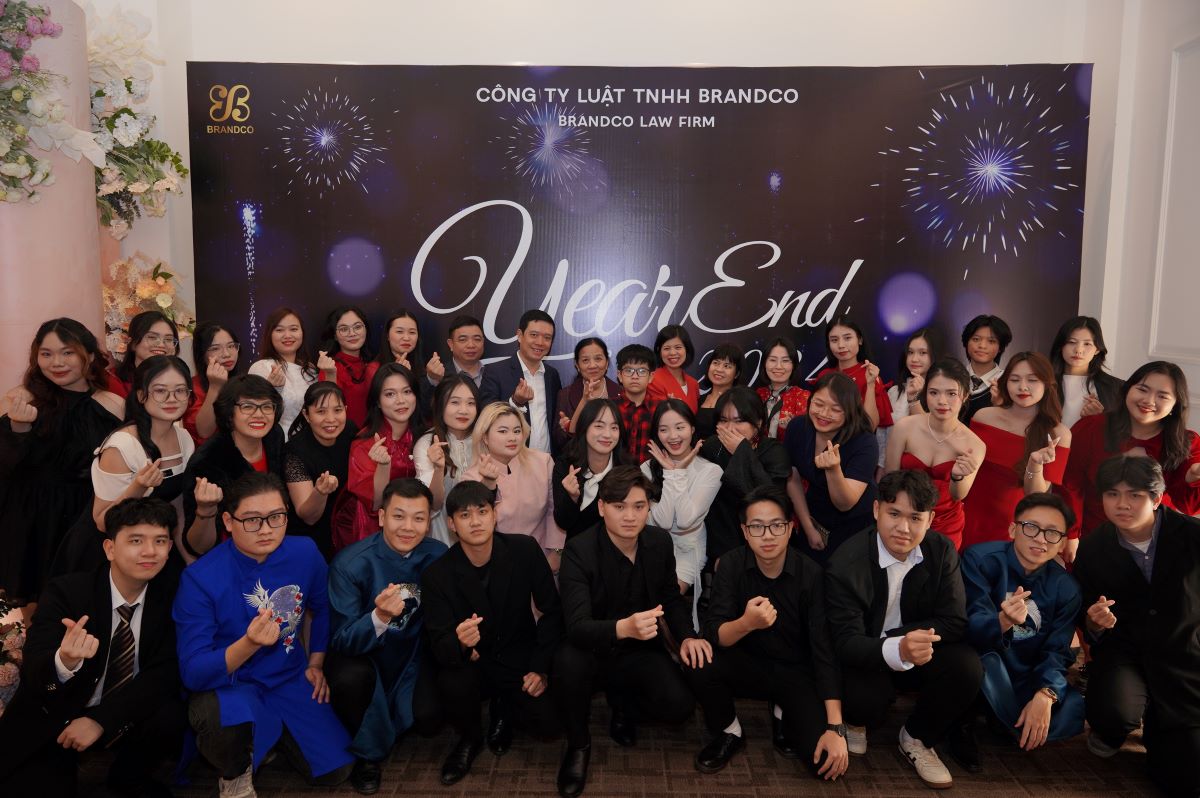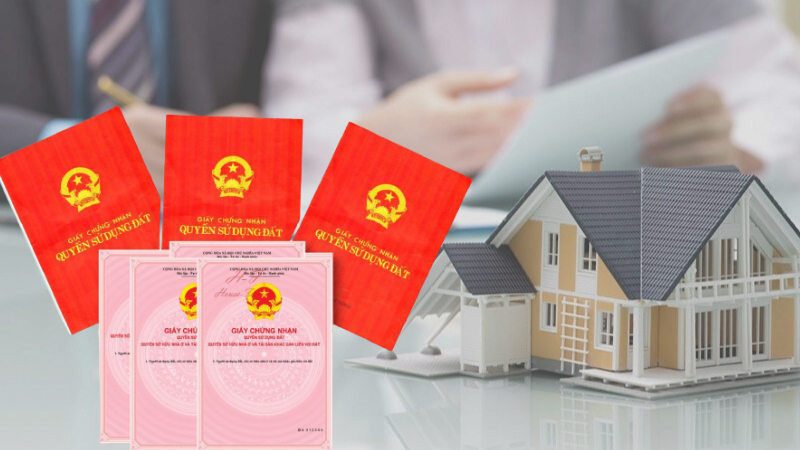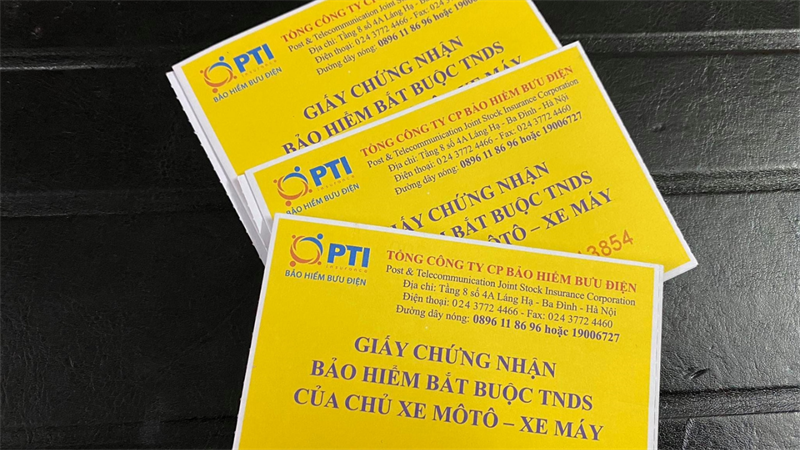Vietnamese regulations on deprivation of nationality
1. The concept of "deprivation of nationality"
Around the world, there are many different definitions of "deprivation of nationality". These differences are not only reflected in the research works of different scholars but also in the legal documents of the United Nations. Specifically, the resolutions of the UN Human Rights Council state that the term "deprivation of nationality" used in the Universal Declaration of Human Rights [1] includes both cases of automatic loss of nationality due to the application of law and acts of deprivation of nationality in specific cases by competent administrative or judicial authorities. On the other hand, the 1961 Convention on the Reduction of Statelessness of the United Nations uses a different approach when defining this term. Accordingly, the Convention clearly distinguishes between the two terms "loss of nationality" - used to refer to the revocation of nationality automatically [2], and "deprivation of nationality" - used to refer to the situation where the revocation of a person's nationality is carried out by a state agency [3]. Based on the provisions of the above documents, the United Nations High Commissioner for Refugees has given a basic definition of "deprivation of nationality". Accordingly, "deprivation of nationality" is the situation where "a state actively takes away the nationality of its citizens" [4]. With this definition, "deprivation of nationality" includes all forms of involuntary loss of nationality carried out by the State.
Thus, in a broad sense, "deprivation of citizenship" can be understood as a state actively refusing to recognize a person as its citizen in many different ways, and this refusal is against that person's wishes. The legal nature of "deprivation of citizenship" is a unilateral act of a state to deny the status of a citizen of an individual with that state, or in other words, it is a denial of the rights that the person enjoys from the state as a citizen.
2. Vietnamese law on deprivation of citizenship
Currently, Vietnamese law stipulates the involuntary loss of an individual's nationality, including "deprivation of citizenship" [5] and "cancellation of the decision to grant citizenship" [6]. However, in a broad sense, both of these measures can be understood as deprivation of citizenship under international law in general. The 2008 Nationality Law stipulates the grounds for losing Vietnamese nationality, including: being allowed to renounce Vietnamese nationality, being deprived of Vietnamese nationality, and two other cases related to determining the nationality of children according to their parents [7].
Thus, basically, the provisions of the 2008 Nationality Law are similar to the provisions of international law when recognizing that an individual's nationality can be lost on a voluntary basis - "being allowed to renounce nationality" or compulsory - "being deprived of nationality". However, Vietnamese law also stipulates separate grounds and procedures for the two contents of "deprivation of nationality" and "annulment of decisions on the grant of Vietnamese nationality" in Section 3 and Section 4 of Chapter III of the 2008 Nationality Law.
2.1. Grounds for application
a. Deprivation of Vietnamese nationality
The grounds for deprivation of Vietnamese nationality are specified in Article 31 of the 2008 Nationality Law as follows:
"Article 31: Grounds for deprivation of Vietnamese nationality
1. Vietnamese citizens residing abroad may be deprived of Vietnamese nationality if they commit acts that cause serious harms to the national independence, national construction and defense or the prestige of the Socialist Republic of Vietnam.
2. Persons who have been naturalized in Vietnam under Article 19 of this Law, regardless of whether they reside inside or outside the Vietnamese territory, may be deprived of Vietnamese nationality, if they commit acts specified in Clause 1 of this Article."
Accordingly, deprivation of nationality may be applied when the competent state authority determines that the subjects within the scope of application have committed "acts that cause serious harms to the national independence, national construction and defense or the prestige of the Socialist Republic of Vietnam". This can be considered the first and most important sign for functional agencies to consider and apply the measure of deprivation of nationality to those who commit the act. However, this measure can only be applied to certain subjects, including Vietnamese citizens residing abroad and those who have been naturalized in Vietnam, regardless of whether they reside within the territory of Vietnam or abroad.
For the first group of subjects specified in Clause 1, Article 31 of the 2008 Nationality Law, the measure of deprivation of nationality can only be applied when both of the following conditions are met:
- The person performing the act is a Vietnamese citizen;
- That person is residing abroad at the time of consideration.
Regarding the first condition, according to the 2013 Constitution, a citizen of the Socialist Republic of Vietnam is a person holding Vietnamese nationality. Thus, the measure of deprivation of nationality is imposed on individuals with Vietnamese nationality as determined by the grounds specified in Article 14 of the 2008 Nationality Law. Regarding the second condition, that Vietnamese citizen must be "residing" abroad. Clause 2, Article 2 of the 2020 Law on Residence defines "residence" as "a citizen's living at a location under the commune-level administrative unit or the district-level administrative unit where there is no commune-level administrative unit". Thus, deprivation of nationality can be applied to Vietnamese citizens who are permanently or temporarily residing outside the territory of Vietnam at the time of consideration.
For the second group of subjects, this group is specified in Clause 2, Article 14 of the 2008 Nationality Law as those who "have been naturalized in Vietnam" as prescribed in Article 19 of this Law. Accordingly, Clause 1, Article 19 of the 2008 Nationality Law stipulates that subjects who may be naturalized in Vietnam include foreign citizens and stateless persons if they meet the conditions prescribed by law. Thus, in this case, deprivation of citizenship is only imposed on individuals with Vietnamese nationality through naturalization, and not imposed on individuals with Vietnamese nationality naturally, such as nationality determined by the nationality of parents, determined by place of birth in case of abandoned children without knowing who their parents are, etc.
Thus, the measure of deprivation of nationality does not apply to subjects who are Vietnamese citizens not belonging to the case of naturalization who are residing in the territory of Vietnam.
b. Annulment of decisions to grant Vietnamese nationality
Article 33 of the 2008 Nationality Law stipulates the grounds for annulment of decisions to grant Vietnamese nationality as follows:
"Article 33: Grounds of annulment of decisions on the grant of Vietnamese nationality
1. In case a person who has been naturalized in Vietnam under Article 19 of this Law, regardless of whether he/she resides inside or outside the Vietnamese territory, has intentionally made false declarations or forged papers in applying for Vietnamese nationality, the decision on the grant of Vietnamese nationality may be annulled, if such decision has been issued for 5 years or less.
2. The annulment of decisions on the grant of Vietnamese nationality of a person will not alter the nationality of his/her spouse."
According to this regulation, the annulment of decisions to grant Vietnamese nationality is set when the competent authority discovers that the applicant has committed acts of intentionally making false declarations or forging documents when applying for nationality and the decision to grant citizenship has not been granted for more than 5 years. Thus, unlike the measure of deprivation of nationality, the basis for annulment of the decision to grant Vietnamese nationality is not an act against the State, but an act of violating the regulations on procedures for submitting applications for Vietnamese nationality, specifically, the act of falsely declaring information or forging documents. In practice, the contents of the applicant's declaration and related documents such as copies of birth certificates, passports, etc. are important bases for competent authorities to consider and decide on granting Vietnamese nationality. When this information is determined to be untrue or the documents are determined to be forged, the grounds for granting an individual Vietnamese nationality are also no longer valid and therefore the decision to grant nationality must be annulled.
Regarding the subjects of application of this measure, Clause 1, Article 33 of the 2008 Nationality Law clearly stipulates "a person who has been naturalized in Vietnam", regardless of whether they are in or outside the territory of Vietnam at the time of consideration. Referring to Article 19 of this Law, those who may be naturalized in Vietnam include "foreign citizens and stateless persons residing in Vietnam" and must meet the conditions prescribed by this Article. Thus, the measure of annulling decisions to grant nationality is set for individuals who are foreign citizens, stateless persons who have been naturalized in Vietnam in accordance with the law but have committed acts of intentionally making false declarations or forging documents when applying for Vietnamese nationality, provided that the time of naturalization does not exceed 5 years.
2.2. Application procedure
Currently, the 2013 Constitution and the 2008 Nationality Law stipulate that the authority to decide on the deprivation of Vietnamese nationality and the annulment of decisions to grant Vietnamese nationality belongs to the President of the State [8]. The order and procedures for carrying out these two measures are specified in Articles 32 and 34 of the 2008 Nationality Law, respectively. The entities with the authority to submit dossiers proposing the deprivation of Vietnamese nationality include:
- The Provincial People's Committee in case the person performing the act is residing in Vietnam;
- The Vietnamese representative agency abroad in case the person performing the act is residing abroad;
- The Court that has tried the defendant for the acts specified in Clause 1, Article 31 of this Law.
Meanwhile, the entities with the authority to submit dossiers proposing the annulment of decisions to grant Vietnamese nationality include:
- The Provincial People's Committee;
- The Court that has tried the defendant for the acts specified in Clause 1, Article 33 of this Law.
Dossiers proposing the deprivation of nationality and the annulment of decisions to grant Vietnamese nationality are guided respectively by Articles 22 and 23 of Decree 16/2020/ND-CP dated February 3rd 2020, detailing a number of articles and measures to implement the Vietnamese Nationality Law, and are submitted by the proposing entities to the Ministry of Justice.
Regarding the deprivation of Vietnamese nationality, according to Article 32 of the 2008 Nationality Law, within 30 days from the date of receiving the dossier proposing the deprivation of Vietnamese nationality from the Provincial People's Committee, the Vietnamese representative agency abroad or the Court, the Ministry of Justice is responsible for presiding over the coordination with the Ministry of Public Security, the Ministry of Foreign Affairs and other relevant ministries and branches to verify the dossier and report to the Prime Minister for submission to the President of the State for consideration and decision. Within 20 days from the date of receiving the Prime Minister's proposal, the President of the State shall consider and decide on the deprivation of Vietnamese nationality of the proposed individual.
Regarding the annulment of decisions to grant Vietnamese nationality, according to Article 34 of the 2008 Nationality Law, within 15 days from the date of receiving the dossier proposing the annulment of a Decision to grant Vietnamese nationality from the Provincial People's Committee or the Court, the Ministry of Justice is responsible for verifying the dossier proposing the annulment of the Decision to grant Vietnamese nationality and reporting to the Prime Minister for submission to the President of the State for consideration and decision. Within 20 days from the date of receiving the Prime Minister's proposal, the President of the State shall consider and decide on the annnulment of the Decision to grant Vietnamese nationality of the proposed individual.
3. Comments
Thus, according to Vietnamese law, the two measures of deprivation of nationality and annulment of decisions to grant Vietnamese nationality have the following fundamental differences:
First, the measure of deprivation of nationality can be applied when an individual commits acts that seriously harm the interests and prestige of the State. For the annulment of decisions to grant nationality, the basis for application is that the individual has committed acts of falsely declaring or providing information during the process of submitting the application for Vietnamese nationality.
Second, the measure of deprivation of nationality is applied to Vietnamese citizens residing abroad and those who have been naturalized in Vietnam who have committed the acts under consideration. Meanwhile, the annulment of decisions to grant Vietnamese nationality only applies to those who have been naturalized in Vietnam who have committed the acts under consideration, provided that the Decision to grant nationality has not been granted for more than 5 years.
[1] Universal Declaration of Human Rights.
[2] Article 7 of the 1961 Convention on the Reduction of Statelessness.
[3] Article 8 of the 1961 Convention on the Reduction of Statelessness.
[4] UNHCR, "UNHCR releases new guidelines on loss and deprivation of nationality", 21/05/2020.
[5] Section 3, Chapter III of the 2008 Nationality Law.
[6] Section 4, Chapter III of the 2008 Nationality Law.
[7] Article 26 of the 2008 Nationality Law.
[8] Clause 4, Article 88 of the 2013 Constitution; Clause 1, Article 38 of the 2008 Nationality Law.













